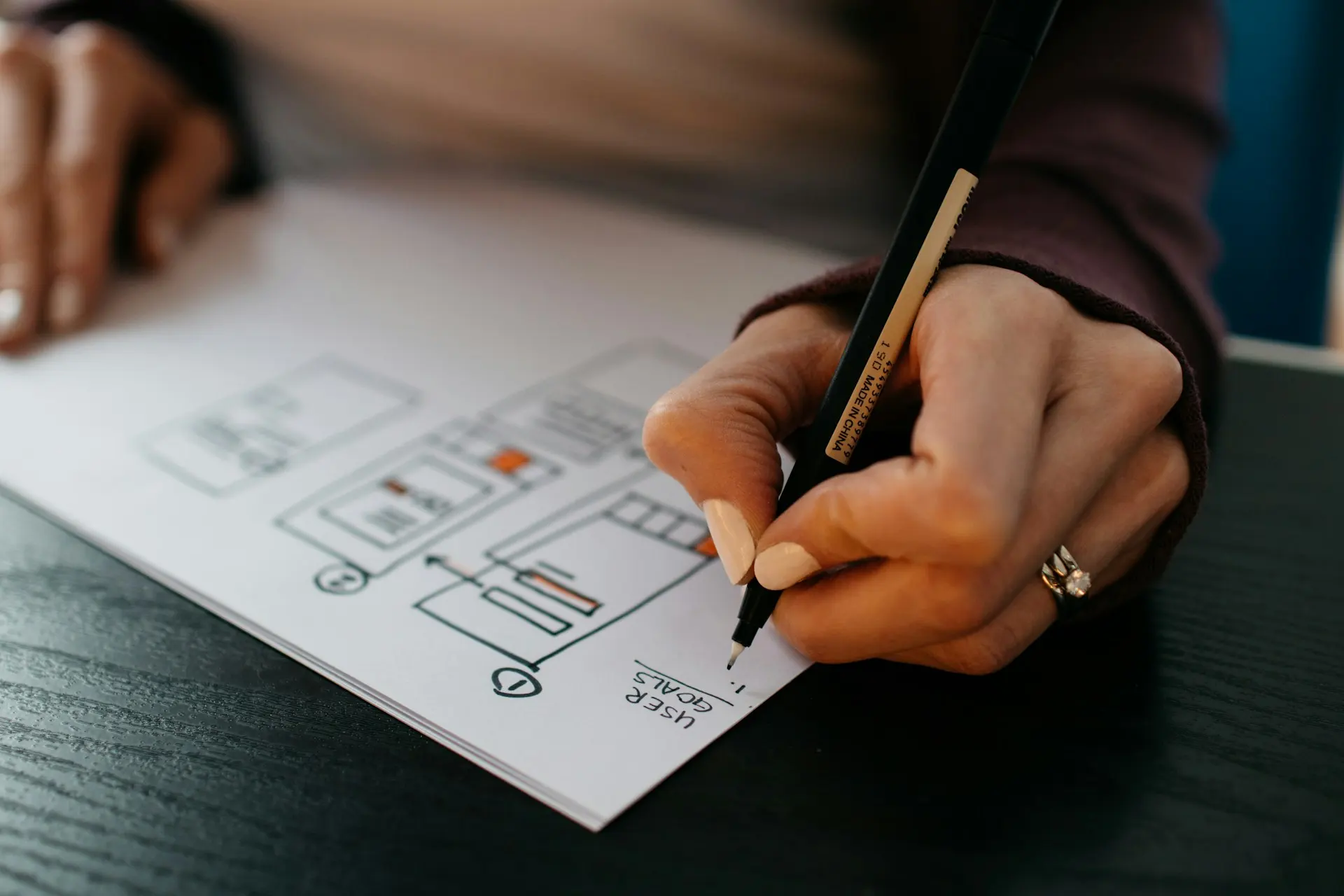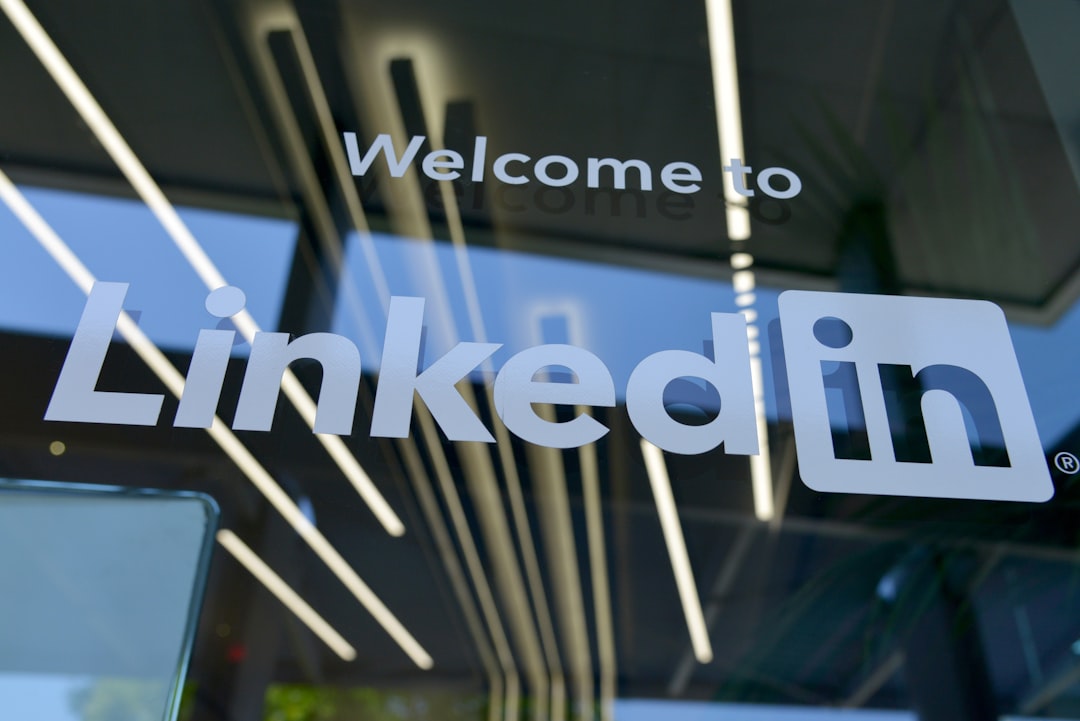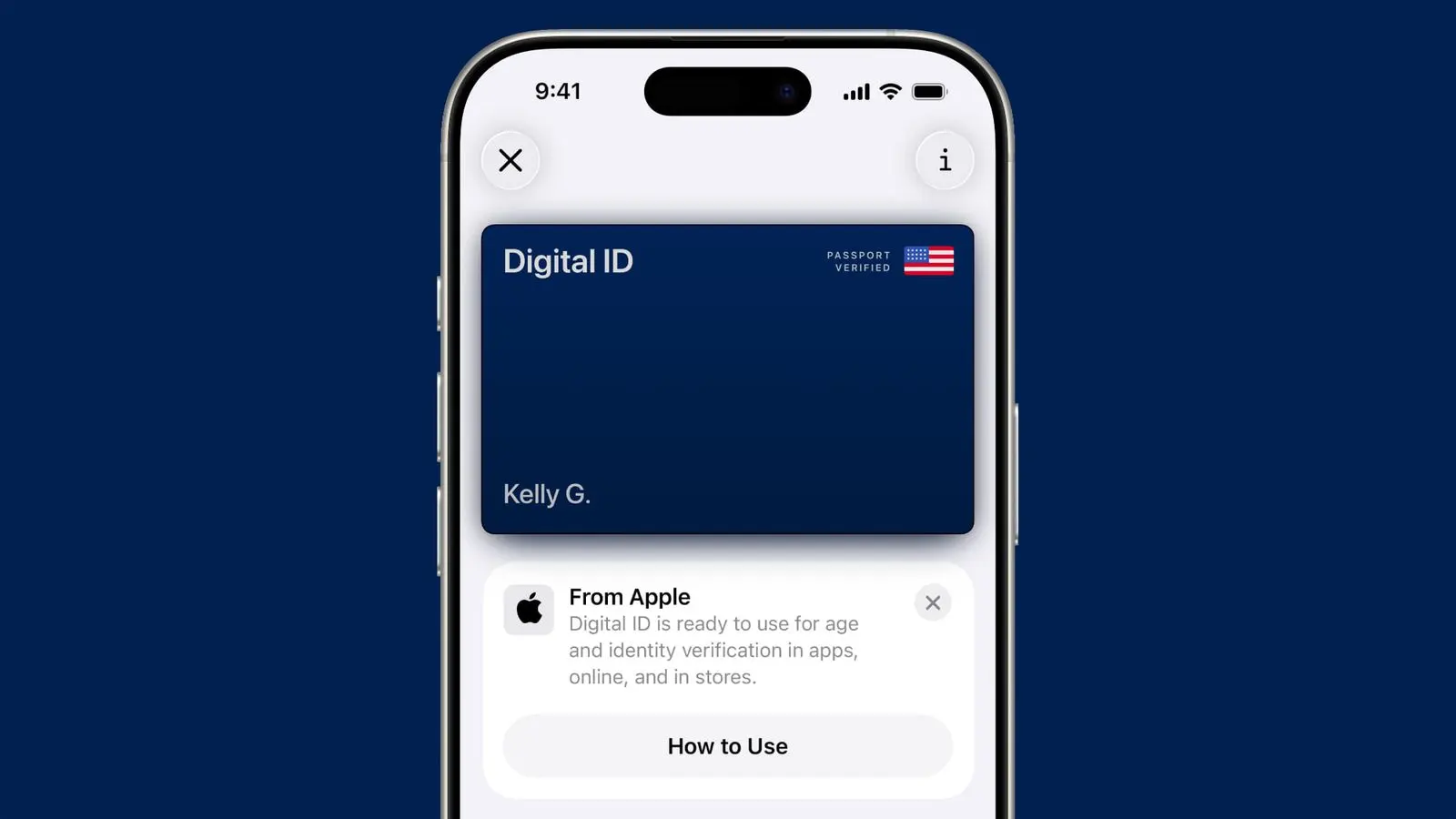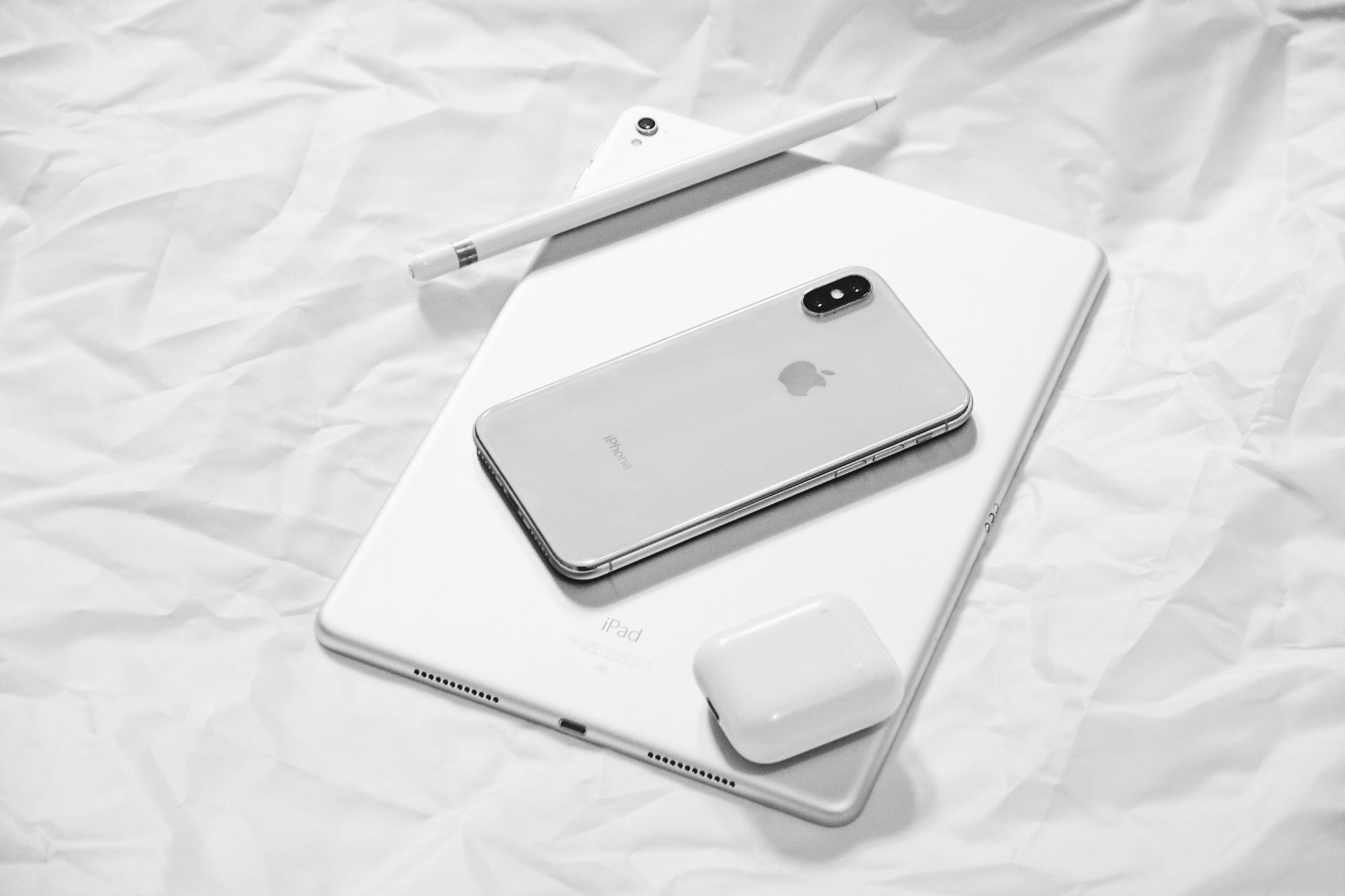Should I Hire a Web Designer?
Hiring a web designer offers numerous benefits, including a professional, user-friendly website that is tailored to your specific needs and brand identity, ultimately leading to increased engagement and conversions.

Hiring a web designer offers numerous benefits, including a professional, user-friendly website that is tailored to your specific needs and brand identity, ultimately leading to increased engagement and conversions. They bring expertise in design, user experience, and technical aspects like SEO and responsive design, saving you time and potentially money in the long run.
Here's a more detailed look at the advantages:
- Professional and Custom Design:
- A web designer can create a unique and visually appealing website that reflects your brand and sets you apart from competitors.
- They understand how to use design elements like color palettes, typography, and imagery to create a cohesive and engaging user experience.
- They can tailor the website to meet your specific business goals and target audience.
- Improved User Experience (UX):
- Web designers prioritize user-friendly navigation, ensuring visitors can easily find what they're looking for.
- They optimize the site for different devices (desktops, tablets, smartphones) ensuring a seamless experience across all platforms (responsive design).
- This focus on UX leads to increased engagement, longer time spent on the site, and a higher likelihood of conversions.
- Technical Expertise and Optimization:
- Web designers have the technical knowledge to optimize your site for search engines (SEO), making it easier for potential customers to find you.
- They can implement advanced features and functionalities that you might not be able to achieve on your own.
- They ensure the website is secure and performs well, reducing the risk of security breaches or downtime.
- Time and Cost Savings:
- While it may seem like an upfront investment, hiring a web designer can save you time and money in the long run.
- They can handle the entire design and development process, allowing you to focus on your core business activities.
- They can also provide ongoing support and maintenance, preventing potential issues and minimizing downtime.
- Long-Term Value:
- A professionally designed website can help you build trust with your target audience and establish a strong online presence.
- It can also provide a competitive advantage by offering a better user experience and attracting more visitors.
- By staying up-to-date with the latest web technologies, a web designer can ensure your website remains relevant and effective over time.
If you’re considering hiring a front-end web designer, here’s a breakdown of the average costs you might expect—based on location, experience, and project scope:
Hourly Rates
- Freelancers (basic projects): Typically charge between $15–$80 per hour.
- Running the full spectrum: Rates range from $25–$150+ per hour depending on experience, specializations, and geographic region.
- Front-end development (specialists):
- Entry-level: $30–$60/hr
- Mid-level/framework experts: $60–$120/hr
- Senior/UI specialists: $100–$200+/hr
- Platform-specific ranges:
- Upwork data: $15/hr (basic) to $35/hr (advanced) roles
- Averages range around $75/hr for general freelance work
Typical Project-Based Cost Ranges (2025)
Depending on project complexity, here’s a guideline:
- Simple websites (e.g., 3–5 pages): $500–$3,000 ; Basic HTML/CSS, limited features, brochure-style site
- Small business sites (5–15 pages): $3,000–$10,000 ; Custom design, contact forms, some integrations (like scheduling or maps)
- E-commerce sites: $5,000–$50,000+; Shopping cart, payment integration, product pages, user accounts
- Complex custom apps/web platforms: $10,000–$100,000+ ; Custom front-end logic, APIs, dashboards, responsive UX, and admin panels
What Affects Cost?
Several key factors can influence price:
- Experience & expertise: Higher rates for specialists (UI/UX, frameworks, e‑commerce)
- Location: Designers in high-cost areas charge more; remote or offshore talent can reduce rates
- Project scope: More pages, custom work, integrations, or responsive design increase price
- Ongoing needs: Maintenance, updates, or retainer support adds to long-term cost
Factors That Influence Pricing
- Designer’s Experience & Reputation: Senior designers or agencies will charge more than newer freelancers.
- Custom vs Template Design: Fully custom designs are more expensive than WordPress/Wix templates.
- Functionality & Features: Contact forms, chatbots, user accounts, and integrations add to the cost.
- Revisions & Scope Changes: The more rounds of edits you need, the higher the final bill.
- Hosting, Maintenance, SEO: These are often separate from design and may increase the total cost if bundled.
Is It Still Worth It?
Yes, if you:
- Need a professional online presence
- Want a site that converts visitors
- Prefer custom branding and not a DIY site


